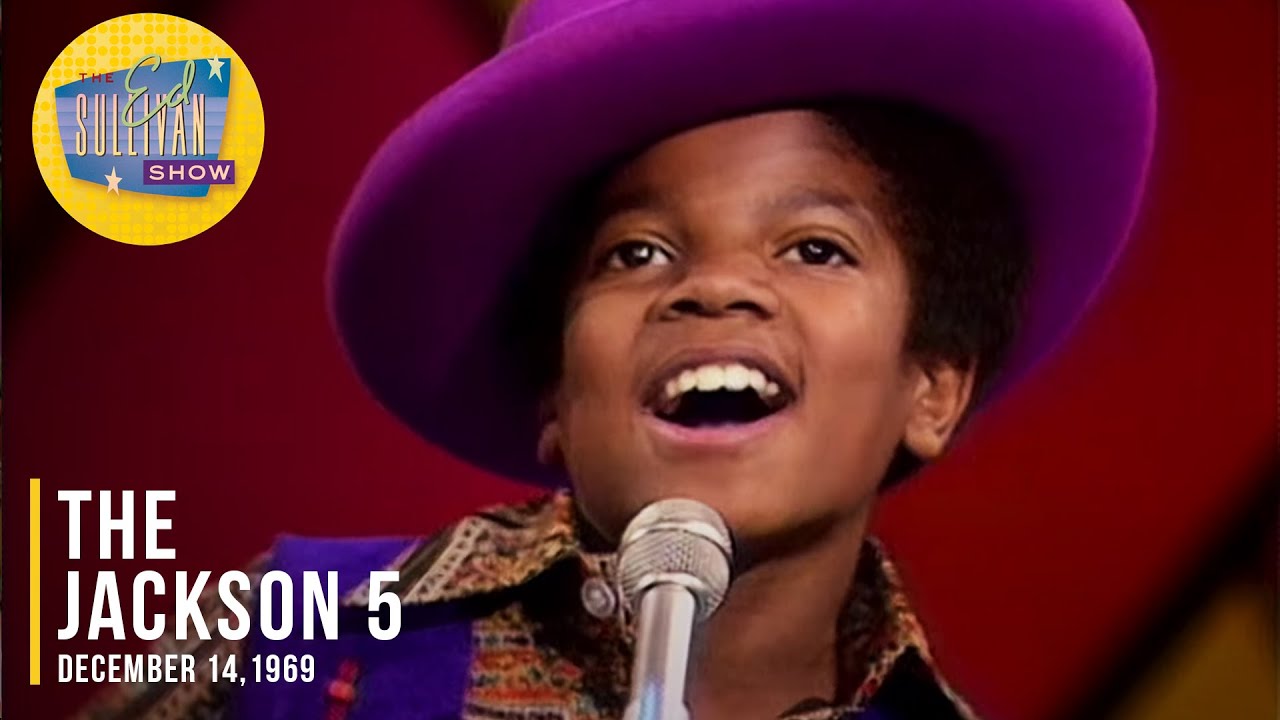Flow is a state of flooding creativity for writers, and it can be found by creating the right conditions
Imagine sitting down to write, and suddenly everything clicks. The words just effortlessly spill from your fingertips onto the page. Time flies, and you’re completely immersed in your work. This amazing, coveted, magical state is known as ‘flow.’
But what exactly is flow in writing, how does it work, and why is it so crucial for writers to achieve it? Luckily, I’ll break down the concept of writer flow, dissect its importance, and share some of my simple strategies to hopefully help you find that elusive flow!
What is ‘Flow’ in Writing?
Flow is a term coined by renowned psychologist Mihaly Csikszentmihalyi. He’s given many talks and seminars on the positive effects of a happy life and how it creates better writers.
The term itself refers to a psychological state of deep focus and immersion in a creative activity like writing. That’s right; flow can be achieved in all sorts of creative outlets, such as drawing, painting, music, and more.

For writers, flow is that sweet spot where creativity and productivity meet, allowing writers to produce their best work with seemingly minimal effort. Are you a writer? Have you ever experienced the slog of trying to write even a paragraph, but it takes all day? But then there are moments when the words just come to you, and you can’t type fast enough. This is flow!
Most people describe achieving flow as a smooth and exhilarating experience, where outside distractions just melt away, nothing can stop the words from coming, and writing becomes nearly automatic. It’s almost as if someone else is animating your mind and hands; they already know exactly what words to write.
Why is Achieving Flow Crucial for Writers?
Flow is crucial for writers because it increases creativity, productivity, and overall satisfaction with the writing process. We all struggle with creative blocks, sometimes more often than not. Most writers I know, myself included, are constantly searching for that ever-elusive flow. I once wrote an entire novel in thirty days because I hit a flow and didn’t let go until the first draft was done.
When in flow, writers can tap into their deepest creative reserves, producing work that’s not only high quality but also more efficient. The experience of flow can also make writing far more enjoyable, reducing the frustration we associate with writer’s block and other common challenges within the craft.
What Does Flow Feel Like?

Flow feels like being in the zone. For you nineties kids out there, you know what I mean. It’s a state of heightened focus and intense concentration where everything around you just seems to disappear.
Writers in flow usually lose all sense of time, feeling a level of control and mastery over their work that is almost addictive. This optimal experience is marked by a balance between the task’s challenge and the writer’s skill level, resulting in a rewarding and fulfilling creative process.
How Do Writers Recognize They Are in Flow?
Recognizing flow can be intuitive for many writers but might not be as evident for some. Here are a few key signs I look for when I feel like I might be hitting my flow:
- A loss of self-consciousness
- A sense of creative clarity and purpose
- Effortless, nonstop writing with minimal need for revision
- Time distortion, where hours pass by completely unnoticed
- A feeling of euphoria and satisfaction
What Theories Support the Concept of Flow?
Several psychological theories support the concept of flow. Csikszentmihalyi’s flow theory suggests that it occurs when there’s a balance between a task’s perceived challenges and one’s skill level. Simply put, words will flow if you have a firm grasp of what’s required of you and are good at what you do.
Positive psychology also indicates that flow contributes to overall well-being and satisfaction in life. Neuroscientific studies also highlight the role of certain brain states and neural mechanisms in facilitating flow, underscoring the intricate link between creativity and the brain.
How Do the Brain and Creativity Interact During Flow?

During flow, the brain undergoes several different changes that can enhance creativity and productivity. Brain activity shifts from the prefrontal cortex to more spontaneous and automatic regions.
This clear mental shift reduces self-doubt and critical thinking, which can create hang-ups and fosters a more fluid and creative thought process. Also, releasing neurotransmitters like dopamine and norepinephrine enhances focus and motivation, making the flow state even more amazing.
What Conditions Foster Flow for Writers?
The conditions need to be just right for fostering flow. Here are some factors that help me. I hope they help you:
- Create Clear Goals: Having a clear idea of what you want or need to achieve in your writing session can help you push away questions and concerns and slip right into writing mode.
- Seek Immediate Feedback: Quick feedback from self-assessment or external sources like friends and colleagues can keep the flow going without delay.
- Balance Your Challenges: The flow can be easier when you choose tasks or challenges you’re already familiar with. New tasks you’ve never done before, like writing in a new genre or different POV, can create hesitation.
How Can Writers Create a Flow-Friendly Environment?
An inspiring writing environment plays a huge role in achieving flow. Here are some of my tips for setting up a space that fosters creativity:
- Minimize Your Distractions: Find a quiet, clutter-free space where interruptions are minimized. Sometimes, this means leaving your home altogether and seeking a spot at the library or a coffee shop.
- Creature Comforts: make sure your workspace is comfortable for YOU and ergonomically designed to support your spine, arms, wrists, etc. I love soft lighting, minimal noise, light music playing, and a sturdy lumbar pillow.
- Create Your Routine: Find and set a writing routine to signal your brain that it’s time to focus. Your brain is like a toddler with ADHD. It craves routine.
The Right Tools: Don’t be afraid to use writing tools and software that help productivity and reduce friction in the writing process. This could be a social media lock app to prevent you from being distracted or maybe some writing software like Scrivener.
What Strategies Help Writers Enter Flow?
These tried-and-true strategies for entering flow are pretty solid. Try them out!
- Set Clear Objectives: Know what you want to accomplish in your writing session, whether creating an outline, finishing a chapter, or writing a particularly difficult scene/section.
- Break Down Tasks into Tiny Steps: If you tackle your writing in manageable chunks, you can avoid feeling overwhelmed. Don’t think of it as having to write a page. Instead, focus on writing the first paragraph and go from there.
- Do Warm-Ups: To get your creative juices flowing, engage in a quick warm-up exercise, like freewriting or brainstorming.
- Mindfulness and Meditation: Mindfulness can help clear your mind and improve focus. Work on meditative breathing, positive thinking, etc. I can’t recommend this one enough.
How Can Writers Overcome Barriers to Flow?
Barriers to flow, like writer’s block and outside distractions, can be challenging and annoying. But don’t let them keep you from achieving flow! Here are some tips to overcome them:
- Face Your Writer’s Block: Try freewriting, switching up your writing environment, or taking a short break to recharge. I like to head to the park and go for long, quiet walks in nature to reset my mind.
- Hire Help for Other Tasks: If the thing distracting you from entering flow is a project you don’t want to do, consider using a service to handle it for you. You can pay for essay writers to work on an assignment for you while you write something you’re more passionate about.
- Manage Your Distractions: We’re all distracted by different things. So, pinpoint your worst distractions and find ways to eliminate them. Use tools like website blockers or noise-canceling headphones to minimize these interruptions.
- Try to Stay Organized: Keep your writing projects and workspace well-organized to reduce stress and confusion. Before I began organizing things, my messy desktop overwhelmed me within seconds of writing. This is an easy distraction to take care of.
How Can Flow Be Maintained During Writing?
You need ongoing effort and self-awareness to maintain writer flow. Here’s how to do that:
- Take Regular Breaks: use your phone or an alarm to schedule regular breaks to avoid burnout. An eight-hour writing session is great, but not if you’re too spent to write for days following.
- Stay Hydrated and Well Fed: Keep your body fueled with healthy snacks and plenty of water. Your brain needs carbs and protein to operate efficiently.
- Skip Parts: I know this sounds counterproductive, but if you reach a part in your writing that feels a bit like a hang-up, skip it. Keep the words going, and come back to that part later.
What Are the Dos and Don’ts of Being in Flow?
Do:
- Set straightforward goals for each writing session.
- Create a dedicated, distraction-free writing space.
- Practice mindfulness to enhance your focus.
Don’t:
- Force yourself to write when you’re mentally exhausted.
- Multitask or allow distractions to creep into your writing time.
- Be overly critical of your work during the flow state; save editing for later.
What Challenges Disrupt Flow?
There are so many things and factors that can disrupt the flow, including:
- Outside Distractions: Noise, interruptions, scents, poor lighting, and other external factors.
- Personal Distractions: Stress, anxiety, physical health issues, and negative self-talk.
- No Preparation: Unclear goals or laughable planning. You need a clear idea of what to do and where to go.
How Can These Challenges Be Mitigated?

Try to set up an environment with little to no distractions if you can. Also, communicate your need for uninterrupted writing time to your family or those who occupy your space.
Practice mindfulness and stress-management techniques to maintain a calm mental state. We all live in a constant state of stress these days. Avoid watching too much news coverage, don’t go on social media until you’re done writing, take breaks, meditate, eat a vegetable, etc.
Spend time planning and outlining your writing projects so you have clarity and fewer distractions. Sometimes, staring at a blank page with no clear direction is all you need to stop the flow before it starts.
Are You Ready to Feel the Flow?
Achieving flow in writing is about boosting your productivity and transforming the writing process into an enjoyable and fulfilling experience.
Now that you understand flow and its effect on our creative minds and have some tips for entering flow, you should be all set to experience it for yourself!
The key is to find what works for you, create the comfiest environment, set yourself up for success with a plan, and just hit that page running!
<p>The post What Is Flow for Writers and How Can You Find It? first appeared on DAILY WRITING TIPS.</p>
Go to Source
Author: Candace Osmond
